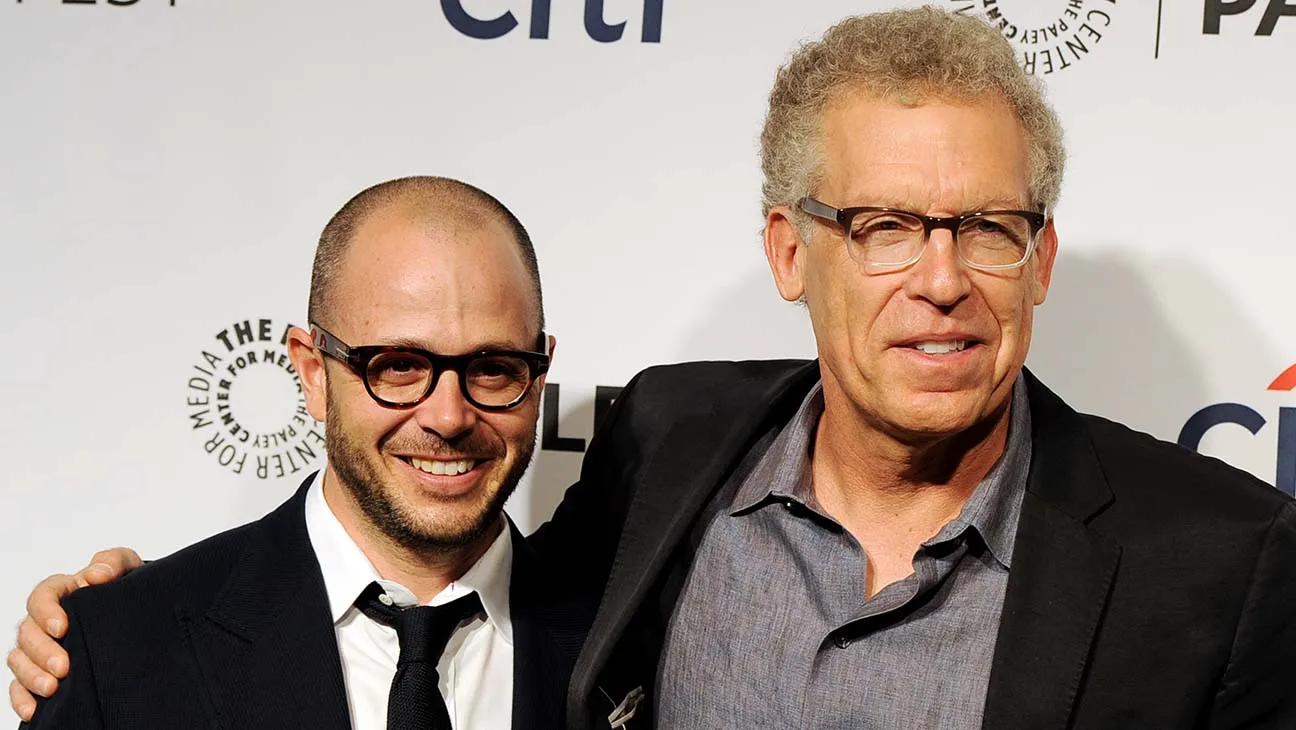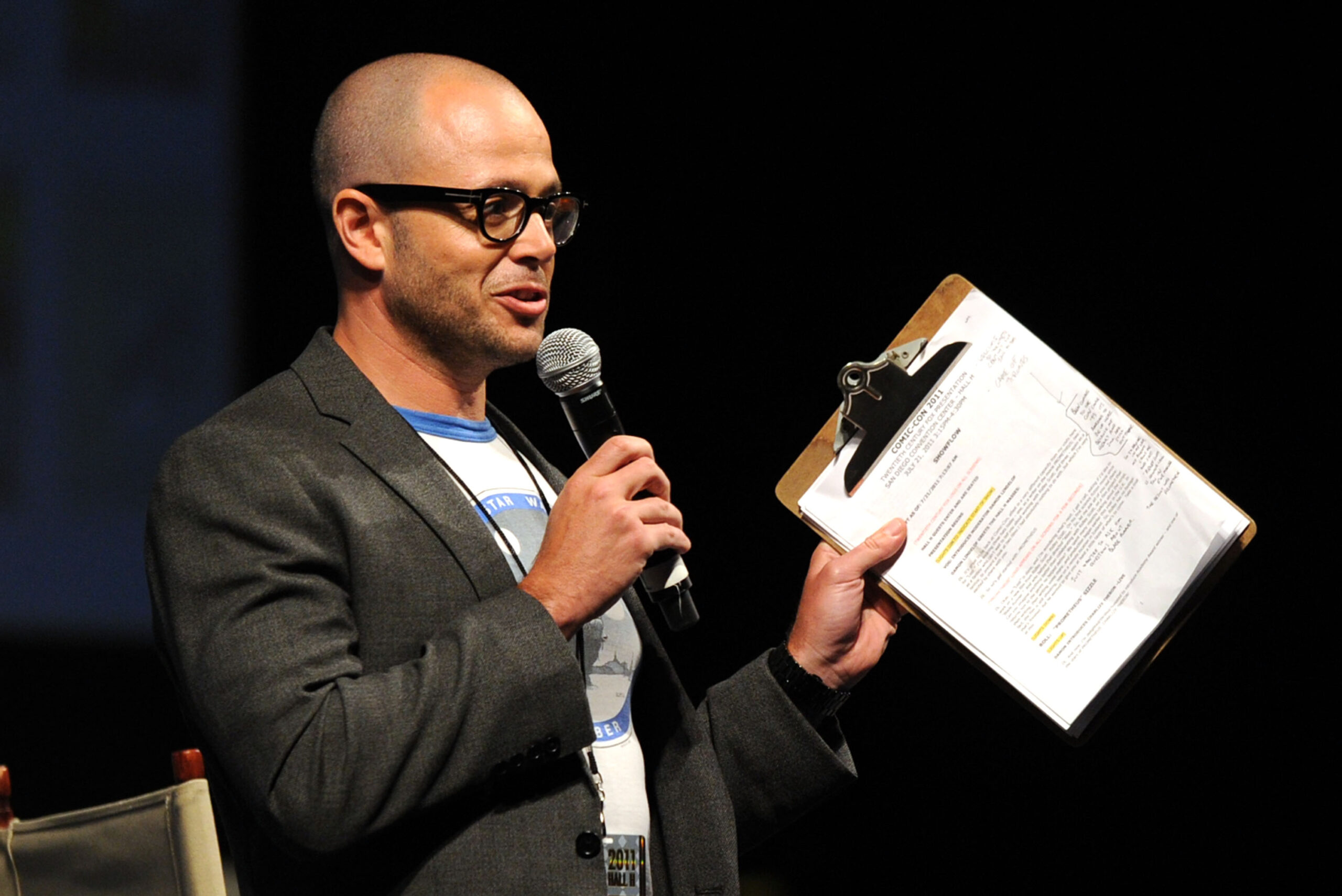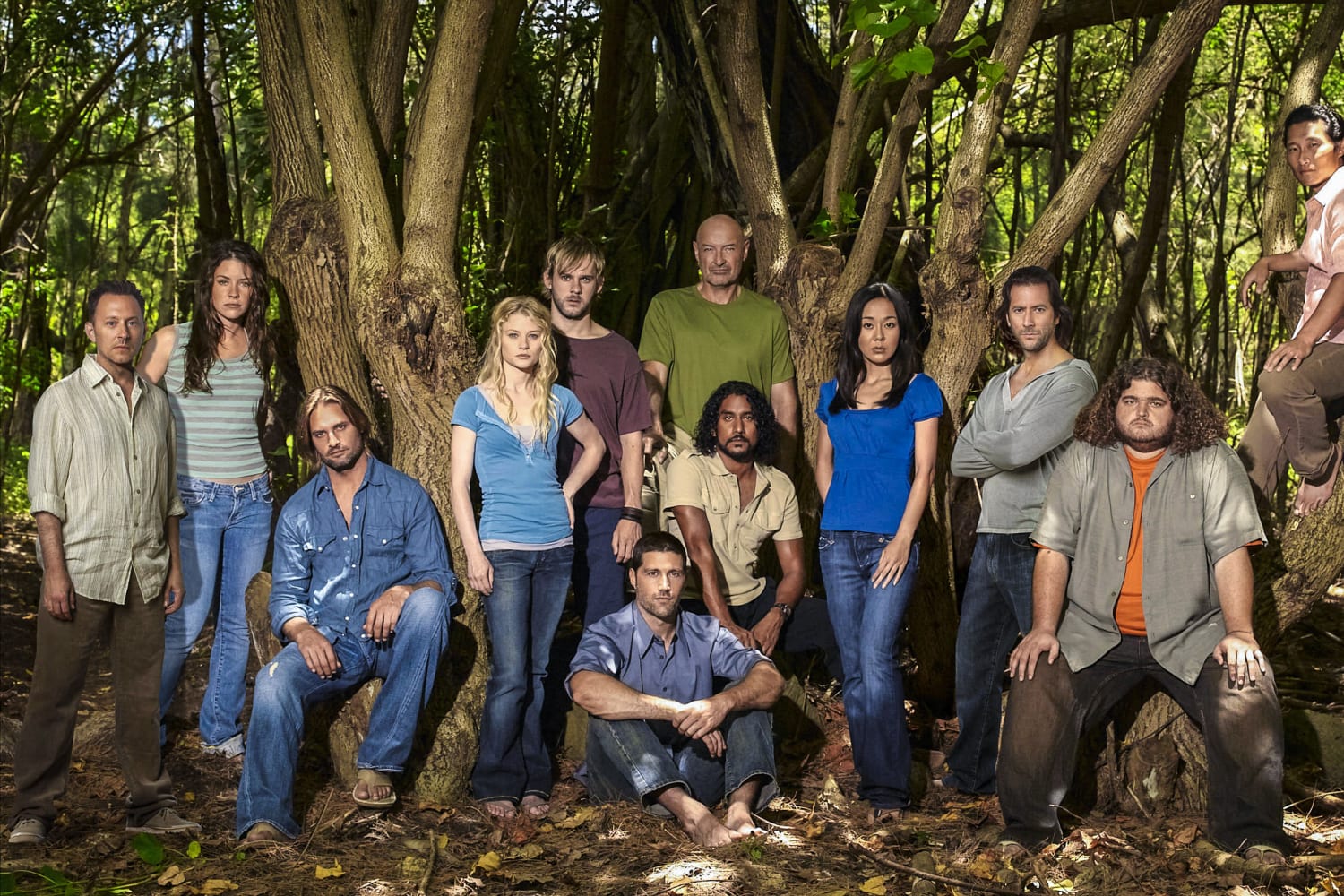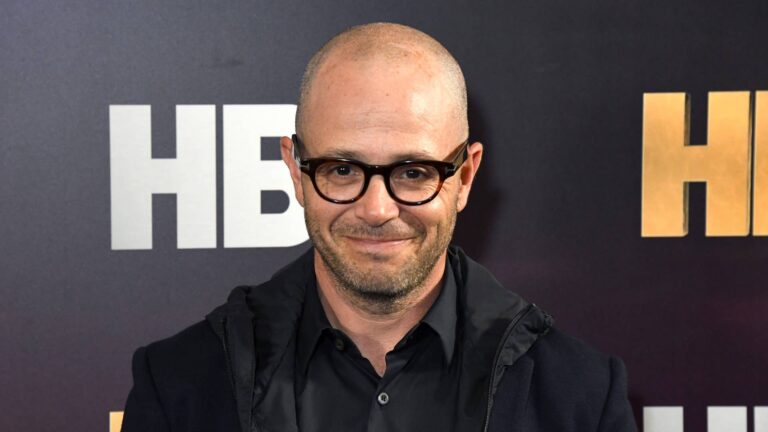In a world where television finales often define the legacy of an entire series, the conclusion of the iconic show ‘Lost’ has remained a fiercely debated topic among its fanbase. Damon Lindelof, the co-creator of this once-in-a-generation series, recently took a bold stand against the ongoing criticism of the show’s ending—a stance reminiscent of Walter White’s unyielding character in ‘Breaking Bad’.

The Legacy of ‘Lost’ and Its Contentious Finale
Since its inception, ‘Lost’ was heralded as a revolutionary force in television, renowned for its intricate plotlines and deep character development. However, the series finale in 2010 left many viewers feeling divided and unsatisfied. This dissatisfaction lingered, turning into a long-term critique against Lindelof, who faced significant backlash for the perceived shortcomings of the finale.
Damon Lindelof’s Turning Point: Channeling Walter White
Three years post-finale, a visibly frustrated Lindelof declared his independence from fan expectations. In an enlightening piece for The Hollywood Reporter in 2013, Lindelof shared his transformation, inspired by Vince Gilligan’s protagonist, Walter White. Embodying White’s attributes—arrogance, conceit, and a refusal to apologize—Lindelof expressed a definitive break from his past concessions.

“I am Walter White. Arrogant. Conceited. Selfish. Entitled. Looking for ways to blame everything and everyone but myself, even though it is perfectly clear the situation I find myself in is of my own making,”
Lindelof reflected. This marked a pivotal moment in Lindelof’s career as he embraced a starkly unapologetic stance regarding his creative decisions.
A Bold Defense of Artistic Integrity
Lindelof’s newfound perspective resonated through his words, echoing White’s defiance in the face of adversity. With a clear voice, Lindelof addressed the audience’s enduring dissatisfaction:
“I’m sick of myself for continuing to beat this particular drum, so I can’t imagine how sick of it you are. If it’s unpleasant and exhausting for me to keep defending the ‘Lost’ finale, aren’t you getting tired of hating it?”
This rhetorical question not only challenged the ongoing critique but also highlighted Lindelof’s desire to move beyond the cyclical nature of the debate. By invoking his right to creative freedom, Lindelof firmly stood by the finale, “It’s the story that we wanted to tell, and we told it. No excuses. No apologies.”

Closing Thoughts: A Legacy Reclaimed
As the discourse around ‘Lost’ continues, Damon Lindelof’s decision to channel his inner Walter White offers a fresh lens through which to view the show’s conclusion. Unwilling to remain a “slave” to public opinion, Lindelof’s bold reclamation of his narrative mirrors the complexities and the unapologetic nature of the characters he helped create.
In a world where creators often bow to the pressures of their audiences, Lindelof’s stance serves as a reminder of the intricate balance between artistic vision and viewer expectation. His parting message is clear: he crafted the ending of ‘Lost’ not just for the audience, but for himself—as a creator, as an artist, and ultimately, as a storyteller who remained true to his vision until the very end.
